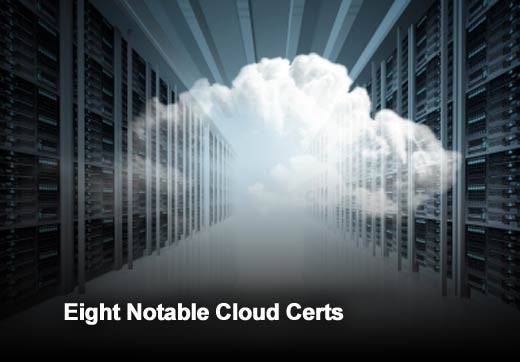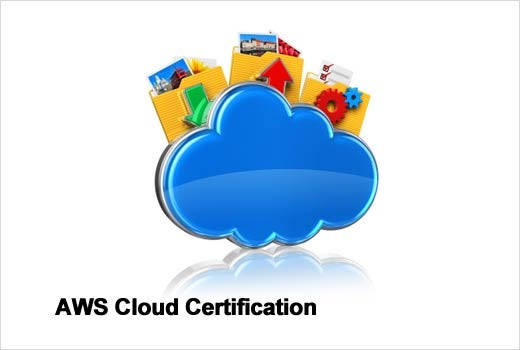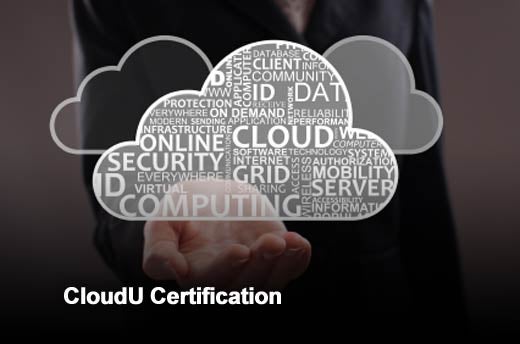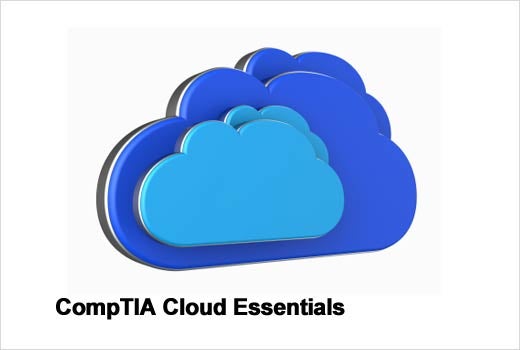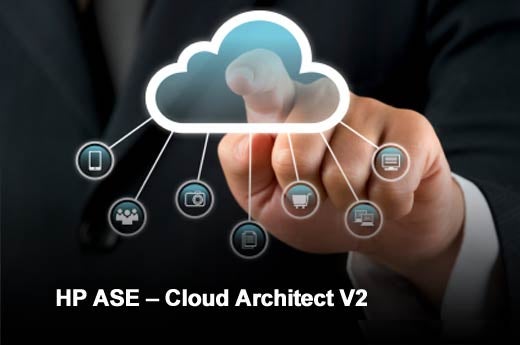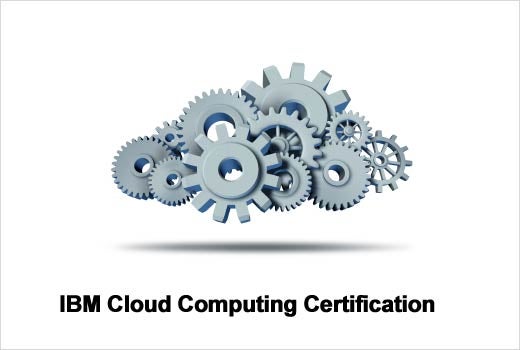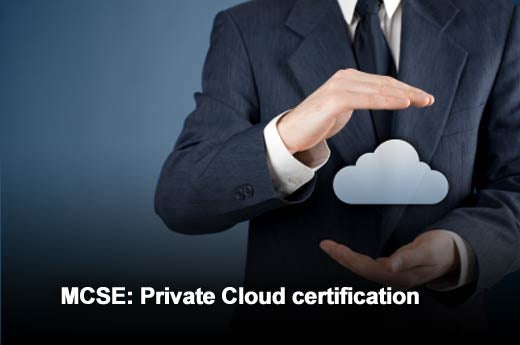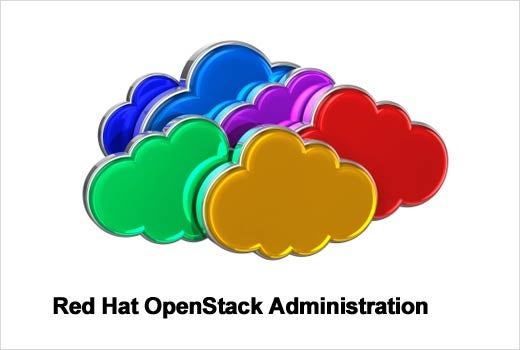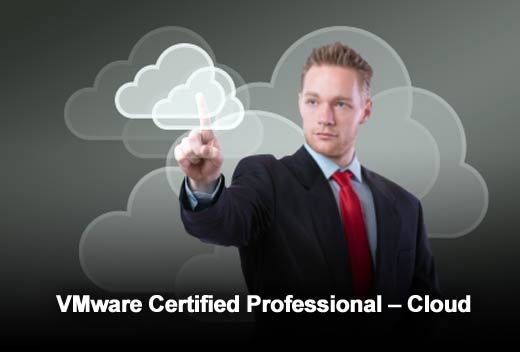The impact that the cloud has on enterprise IT today can’t be denied. For all its pervasiveness, however, the cloud is still comparatively new, which makes hiring the correct employees equipped with the pertinent cloud-related skillsets all the more important. The field is constantly changing, too, which makes identifying these abilities an even more challenging one for the harried CIO or IT manager.
To help you on this front, we have identified some of the more notable cloud-related certifications. While they run the gamut from the relatively entry-level to the fairly challenging (and prestigious), they are likely certifications that you should know about as you evaluate your staff’s skillsets and go about hiring.
Click through for eight notable cloud-related certifications.
AWS Cloud Certification
The Amazon AWS cloud certification allows professionals to certify that they have the technical skills and knowledge associated with best practices for building secure and reliable cloud-based applications using Amazon Web Services (AWS) technology. Essentially, earning the certification offers proof of experience working with AWS. The program is built around three primary roles: Solutions Architect, SysOps Administrator, and Developer, and the certs are the AWS Certified Solutions Architect, the Certified Developer and the Certified SysOps Administrator. These role-based certifications are in turn offered at three proficiency levels: Associate, Professional and Master. This roadmap diagram explains it all.
CloudU Certification
The CloudU Certification revolves around a curriculum that is designed for both IT professionals and business leaders looking to bolster their knowledge of the fundamentals of cloud computing. The objective is to offer a technical understanding of the foundations of cloud computing, which is balanced with an understanding of the business side of things such as the economical, compliance and regulatory aspects of implementing cloud innovations. The CloudU program was created by RackSpace, which is a large cloud vendor and strong advocate of OpenStack. However, the company says that CloudU was designed as a vendor-neutral curriculum.
CompTIA Cloud Essentials
The CompTIA Cloud Essentials exam is designed to offer a baseline, entry-level credential that provides an overview about cloud computing in general. It was originally developed by ITpreneurs in cooperation with the Cloud Credential Council, whose membership body includes IBM, Cisco, EMC, HP and ING. Topics covered range from the business value of cloud computing to the characteristics of cloud services from a business perspective. Also covered are topics such as the different cloud types, steps to successful adoption, and the impact and changes from an IT service management perspective. At least six months of experience in an environment that markets (or relies on) IT-related services is recommended.
HP ASE – Cloud Architect V2
The HP ASE – Cloud Architect V2 is a certification that verifies the ability to specify and architect a range of cloud services based on a converged infrastructure. The ability to recognize and work with various HP-centric equipment aside, the certification also covers basics such as private, public and hybrid cloud environments, as well as architecture such as IaaS, PaaS and SaaS platforms. The training also covers technical consulting skills that pertain to the planning and designing of complete cloud solutions. Candidates should also have foundational knowledge on various aspects of IT such as server, storage, networking, management software, and fundamentals of security.
IBM Cloud Computing Certification
IBM has two main cloud certifications at the moment, the Cloud Computing Architecture V3, and the Cloud Computing Infrastructure V1. In IBM nomenclature, the former is a lower-end certification designated as a comparatively junior “Solution Advisor,” while the latter is coined as a “Solution Architect.” Ultimately, certification in Cloud Computing Architecture means that one is able to clearly explain the benefits and underlying concepts of cloud computing, as well as demonstrating how the IBM Cloud Computing offering helps customers realize these benefits. On the other hand, certification in the Cloud Computing Infrastructure means the ability to design, plan, architect and manage principles of an IBM cloud computing infrastructure.
MCSE: Private Cloud certification
Microsoft is one of the biggest players on the certification front, and the MCSE: Private Cloud certification is the company’s first effort on a certification that pertains to cloud computing. As with most other certifications administered by the company, the MCSE: Private Cloud certification is decidedly Microsoft-centric, and also mandates the passing of multiple examinations. Specifically, the certification covers the ability to install, configure and administer Windows Server 2012, as well as the ability to monitor, operate, configure and deploy System Center 2012. In addition, the certification will touch on the basics, framework and background of cloud computing in general.
Red Hat OpenStack Administration
The Red Hat OpenStack Administration is one of the many cloud-centric certifications and courses offered by Red Hat. Set up as a hands-on, lab-based course, it revolves around the implementation of a cloud computing environment using the company’s OpenStack platform. This includes the installation, configuration and maintenance of a cloud deployment, and also serves as the first step to the Red Hat Certificate of Expertise in Infrastructure-as-a-Service Exam. Overall, the rising popularity of OpenStack coupled with Red Hat’s strong brand does mean that this is a compelling cloud certification to have, despite the absence of “cloud” in its name.
VMware Certified Professional – Cloud
The VMware Certified Professional – Cloud (VCP-Cloud) is a certification that validates one’s ability to install, configure and administer a cloud environment using vCloud Director. This includes the ability to work with vSphere and administer related networking and storage components. Concepts that are covered range from cloud security and multi-tenancy to private, public and hybrid cloud deployments. New IT professionals can get VCP-Cloud certified by attending a qualifying course and passing the exams, while those who are already certified with either the VMware Certified Professional 5 (VCP5-DCV) or VMware Certified Professional 5 – Desktop (VCP5-DT) can opt to take the exams right away.


